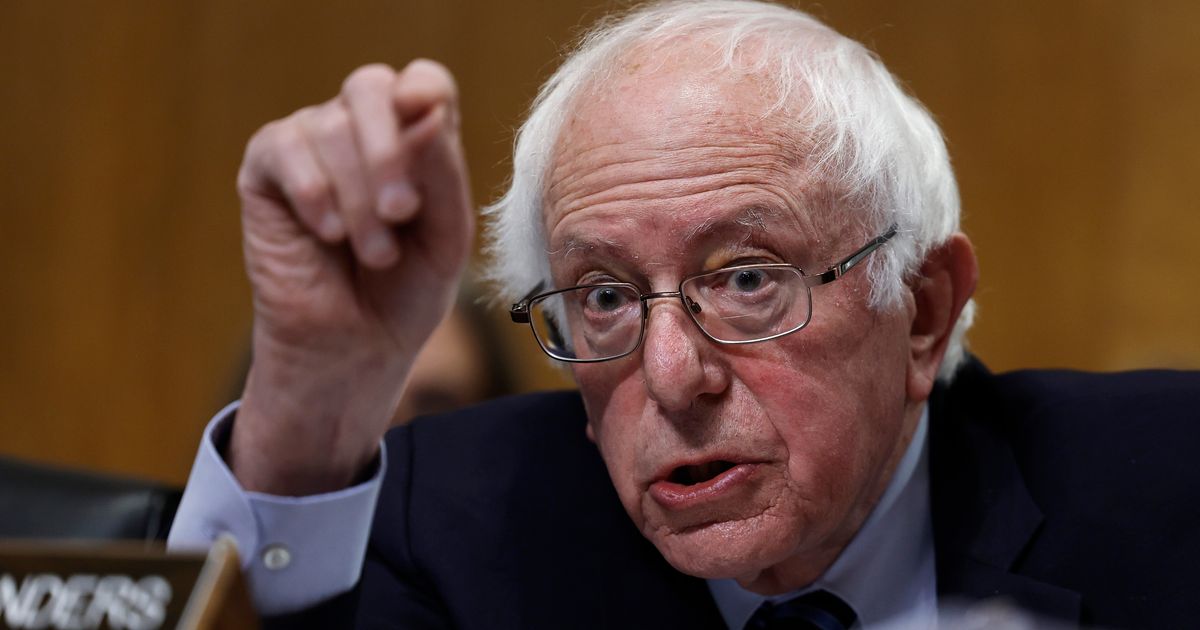Key takeaways:
- Howard Schultz, the co-founder and former CEO of Starbucks, testified before the Senate Health, Education, Labor, and Pensions Committee during a hearing titled “No Company Is Above the Law: The Need to End Illegal Union Busting at Starbucks.”
- Senator Bernie Sanders accused Schultz of leading “the most aggressive and illegal union-busting campaign in the modern history of our country” over the past 18 months.
- Senator Sanders has proposed legislation that would make it easier for workers to unionize and protect them from employer retaliation.
On Wednesday, Howard Schultz, the co-founder and former CEO of Starbucks, testified before the Senate Health, Education, Labor, and Pensions Committee during a hearing titled “No Company Is Above the Law: The Need to End Illegal Union Busting at Starbucks.” The hearing was chaired by Senator Bernie Sanders (I-Vt.), who accused Schultz of leading “the most aggressive and illegal union-busting campaign in the modern history of our country” over the past 18 months.
Schultz, who stepped down as Starbucks CEO last week, denied the company had violated workers’ rights. He dismissed recent rulings by administrative law judges that found otherwise. He also argued that Starbucks had a “long and proud history” of supporting its employees and that the company had “always respected the rights of our partners to make their own decisions about unionization.”
Senator Sanders, however, was not convinced by Schultz’s arguments. He argued that Starbucks had engaged in “illegal anti-union activities” and that the company had “repeatedly violated the law” by intimidating and retaliating against workers who had tried to unionize. He also accused Schultz of only appearing at the hearing under the threat of a subpoena.
The hearing was part of a larger effort by Senator Sanders and other Senate Democrats to ensure that companies like Starbucks comply with labor laws and respect the rights of their employees. The senators have proposed legislation that would make it easier for workers to unionize and protect them from employer retaliation.
The hearing is ongoing, and it remains to be seen whether Schultz and Starbucks will be held accountable for their alleged labor violations.



Be First to Comment